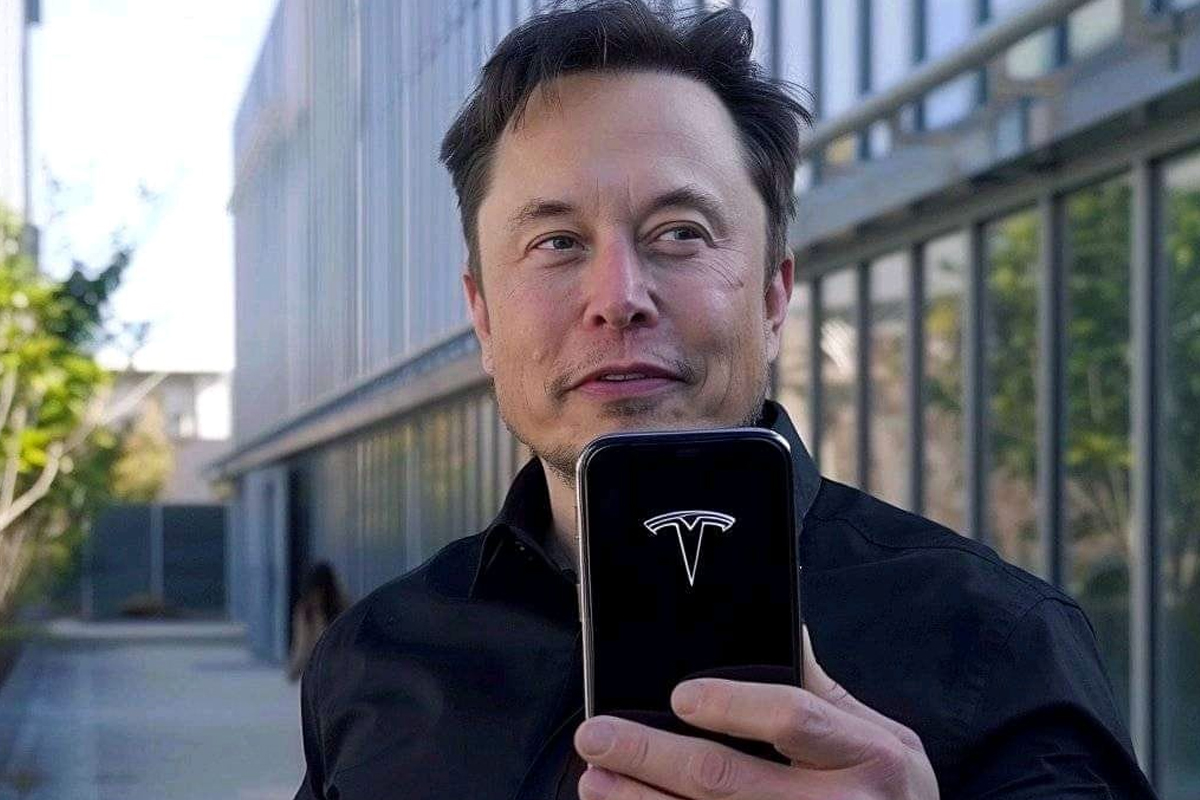XI Jinping is ruthlessly ensuring absolute loyalty to him by building an untouchable “Black Box” elite – and relentlessly purging “disloyal” cronies.
The Chinese leader is tightening his iron-fist grip on power with the help of vast security apparatus and the threat of death sentences for opponents.
In 2022, Xi, 70, became the unchallenged “core leader” of the world’s most populous nation as he cemented an unprecedented third term in power.
Under his reign, he has committed human rights abuses against Uyghurs, strangled freedom in Hong Kong and now looks poised to seize Taiwan.
And since he’s been in power, Xi has axed hundreds of top officials from his tightly-controlled government in a Stalin-like crackdown.
The Chinese leader is now thought to be reshaping his military into a finely-tuned machine ready to invade Taiwan by removing top army commanders and replacing them with war-ready generals.
His one-party system has long presented an outward image of unity – but behind the scenes there are rumours of discontent.
Ruby Osman, senior China researcher at the Tony Blair Institute of Global Change, explained how Xi is tightening his grip as he becomes increasingly intolerant to any glimmer of corruption or disloyalty.
“Everyone is close to Xi. He has been so successful with stacking those top positions with allies,” she told The Sun.
“But if you are corrupt, having an extramarital affair or doing things that don’t reflect well on the CCP, no matter how close you are to Xi, there’s not necessarily a place for you anymore.
“There is a growing lack of tolerance for things that might have been tolerated by Xi when he was consolidating his power. I think he’s a lot more in control.
“Officials know there’s very little tolerance for anyone caught leaking or briefing outsiders, especially foreign media.
“And the party is getting increasingly vigilant against spying and intelligence gathering.”
From the very onset of his reign, Xi has taken drastic measures to reform China’s military.
Within the Communist Party, Qin Gang, former foreign secretary, and Li Shangfu, the former defence secretary, have both vanished from the public eye.
Qin Gang was “tortured to death” following his unexplained removal, reports have claimed.
And Xi’s military crackdown peaked late last year, on December 29, when he ridded himself of nine of his most senior officers in one blow.
Xi who has ruled over 1.4billion people since 2013, has been described by analysts as “the most authoritarian leader since Chairman Mao”.
Nobody knows what’s going on inside the Chinese government – it’s so opaque, and it’s getting more opaque
Ruby Osman
He has spent over a decade consolidating his grip and fighting off any internal threats to his authority.
It’s already virtually impossible to know what’s going on inside Beijing – and the “opaque” world of Chinese politics will only worsen, Ruby said.
“We’ve had a lot of generals and top-level military leaders disappear,” she said.
“The question that comes up is whether Xi is in trouble.
“But nobody knows what’s going on inside the Chinese government – it’s so opaque, and it’s getting more opaque.
“It’s such a ‘Black Box’ at the top, you can never say never [to a coup].
“Absolutely, there are disagreements on policy, how to approach the US, how to approach Taiwan. But at the moment, I don’t see where the opposition to Xi himself would be coming from.
“If you’ve been in the Chinese system for the last decade, you have been sent a pretty clear signal that the key to your political survival and success is support for top leadership.”
Why are tensions heating up in China?
AWAY from the conflict in Europe, the eyes of the world are nervously watching the boiling tensions between China and Taiwan.
Taiwan’s Democratic Progressive Party have just secured another term – and it’s feared their victory could spark a war with China.
China regards the self-governing island as part of its territory – and has vowed to take the islands by force if necessary, carrying out ever more regular invasion rehearsals.
Meanwhile, Taiwan insists it is an independent nation after splitting from mainland China in 1949.
But the island is feared to be a major flashpoint between the US and Beijing – with a potential invasion forcing the US to abandon the island or face a full-scale war with China that could spiral into World War Three.
The world now waits with baited breath to see how China responds to Lai Ching-te’s presidency.
Lai is openly despised by the Chinese government – which has called him a “complete troublemaker”.
They have dubbed him a “stubborn worker for Taiwan independence” and an “outright saboteur of peace”.
The DPP’s victory means there will be at least four more years of limited to zero dialogue with Beijing.
This increases the risk of misunderstandings and escalation that could lead to all-out war and drag in other countries.
Beijing has been increasingly flexing its military might – sending in fighter jets daily around the island, while its naval vessels have a near-constant presence around Taiwan’s waters.
And in his New Year message, Xi Jinping warned “reunification of the motherland is inevitable”.
Experts now fear war between China, Taiwan and the US could explode over one small “mistake”.
Military analysts have also laid out how a “surprise” invasion or a blockade would unfold if China decided to launch an all-out blitz to achieve its goal of “reunification”.
Ruby believes Xi’s purge of officials shows that “political loyalty is no longer enough to ensure your survival now”.
He has bitterly cracked down on dissent, arrested thousands of his critics and employs an army-sized workforce to feed his country a pile of propaganda.
Now he’s secured power for life, Ruby believes he will continue with a widespread crackdown.
“When you’re new to power, you need all the friends you can get and if those friends are a little bit corrupt… I think you are willing to turn a bit of a blind eye,” she said.
“He knows corruption doesn’t play well with the people, he knows corruption undermines his army’s preparedness and it risks creating alternative loyalties – not to him.
“Now he’s feeling more secure in his power, he’ll start to crack down on some of those networks.”
One of the major problems facing Xi is China’s economic downturn – and his response could be a harsh crackdown in order to turn the tide.
The dictator’s power rests on providing growth and stability for the Chinese population and his party, Ruby said.
And behind closed doors, there appears to be tensions simmering between Xi’s government officials on priorities.
If you’ve been in the Chinese system for the last decade, you have been sent a pretty clear signal that the key to your political survival and success is support for top leadership
Ruby Osman
“There’s a tension in policy-making between economic and security that China is going to have to try and resolve over the next year,” Ruby said.
“Otherwise, the economic problems are not going anywhere.”
General Richard Barrons told The Sun: “China has got some serious issues around debt, not least that link to property, as well as water scarcity.
“The thing about the Chinese Communist Party is that it’s a selected elite. You compete to get in the Communist party. It’s the way to power, and clearly riches.
“But it succeeds on providing stability and progress for its people.
“And the problem it’s wrestling with now is it’s got some problems which it needs to fix to deliver stability and progress for its people.
“But these problems are immense and major economic stresses.
“The challenge for Xi is… it’s getting harder to deliver the benefits that they that they want.”
Xi is known as a “Princeling” in China, the son of one Xi Zhongxun, a senior Communist Party veteran who fell foul of the regime and was jailed.
The young Xi was forced out of his elite school and eventually banished to work in a remote and dirt poor part of the country.
But despite the humiliation, Xi remained a true believer in the party, which he joined after several attempts in 1974.
He then set about climbing his way to the top, becoming a provincial party chief before he was made heir apparent in 2007.
Xi’s first move was to launch an anti-corruption campaign aimed at senior Chinese officials, known as Tigers, who line their pockets to the widespread disgust of ordinary citizens.
He’s ruthless, politically very smart and takes no prisoners
Professor Tsang
For wily operator Xi, the death sentences that often accompany convictions had the effect of taking out officials who could potentially move against him – and win over public opinion.
While most death sentences are suspended for two years, enough are carried out to have the desired effect of sending a message to potential foes.
Professor Steve Tsang, from SOAS University of London, previously told The Sun: “It was something he was going to use for the rest of his time in power and he has used to take out his opponents and enemies within the party.
“In the past decade over 200 Tigers have been taken down – not one of these Tigers was a Xi Jinping prodigy.
“Everybody at a senior level is vulnerable, he can pick out who he wants.
“He’s ruthless, politically very smart and takes no prisoners.”
Read more on the Scottish Sun
This threat is the “most powerful instrument he has built up, in terms of he can eliminate his opposition”.









